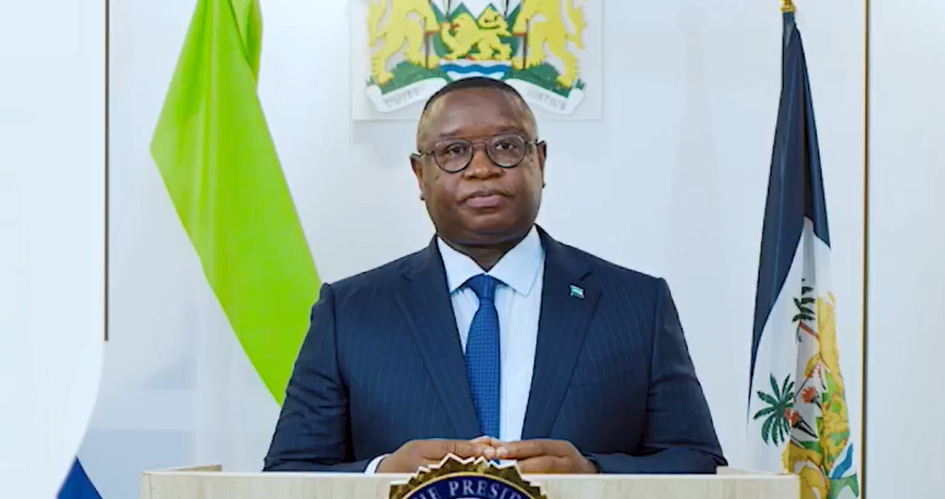President Julius Maada Bio has inaugurated the First Regional ECOWAS Conference, reiterating his administration’s steadfast commitment to global governance and accountability in Autonomous Weapons Systems.
This initiative is in line with the UN Secretary-General’s policy brief from July 2023, which emphasizes the need for negotiations on this issue to be finalized by 2026.
President Bio urged ECOWAS regional leaders to forge common understanding and develop strategies to address the challenges posed by Autonomous Weapons Systems.
He made the call on Wednesday at the Freetown International Conference Centre during the commencement of the Regional Conference on Peace and Security.
“This Conference is so critical. By bringing together experts, policymakers, and stakeholders from across the region, we can forge common understanding and develop strategies to address the challenges posed by Autonomous Weapons Systems,” he said.
He said the deployment of those weapons has the potential to fundamentally alter the nature of warfare, raising serious questions about accountability, oversight, and the protection of civilians.
“The prospect of machines making life-and death decisions on the battlefield is deeply troubling and demands rigorous debate and careful consideration. The proliferation of Autonomous Weapons could lead to an escalation of conflicts as nations race to develop and deploy ever more advanced systems. This arms race mentality threatens to destabilise regions and undermine global security,” he noted.
He said the unchecked proliferation within the ECOWAS region would pose significant threats to stability and security, especially as they could be acquired and used by non-state actors, including insurgents, terrorists, and criminals, to destabilise legitimate governments and already fragile societies.
In her video massage, the UN High Representative for Disarmament Affairs, Izumi Nakamitsu said the conference was an important opportunity to deepen understanding of the implication of the autonomous weapon systems and the issue of global security, human rights and international humanitarian law.
She said the world is today challenged with the risk of advanced weapon system and at the same time the world is also witnessing the integration of high level of autonomous weapon systems.
She said autonomous weapon systems is undermining international human rights law and has major implication on international security and for the protection of civilians and civilian infrastructures.
She said the UN Secretary-General has urged an urgent need for government regimes to effectively respond to the challenges posed by autonomous weapon systems.
He said in his new agenda for peace, the Secretary-General called on states to address the humanitarian legal security and concerns caused by the autonomous weapon systems.
Commissioner of Political Affairs, Peace and Security at ECOWAS, Dr. Abdel-Fatau Musah said the development and the putting into use autonomous weapon systems has lots of security implications, noting that already weapons similar to autonomous weapon systems are in use and targeting areas with airborne attack without human control.












Hmmm.